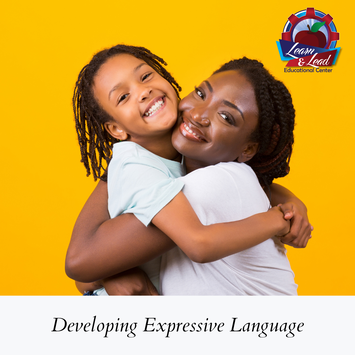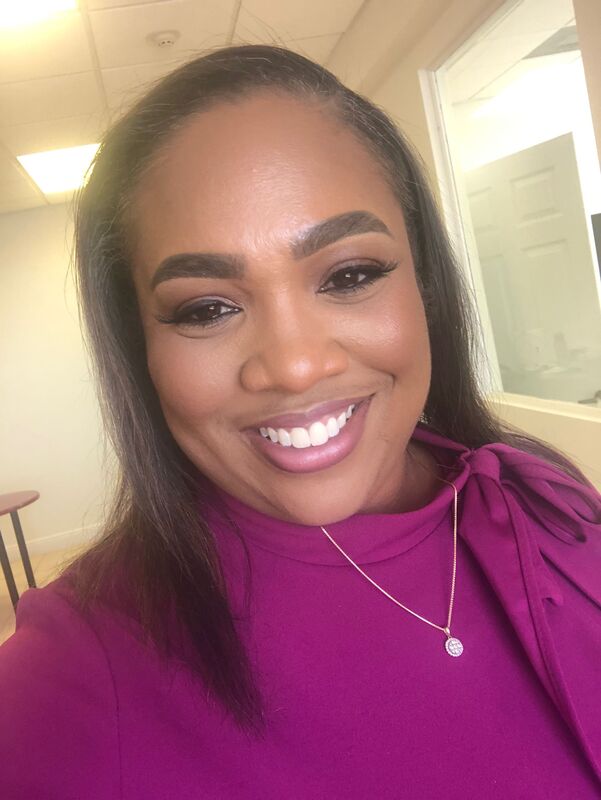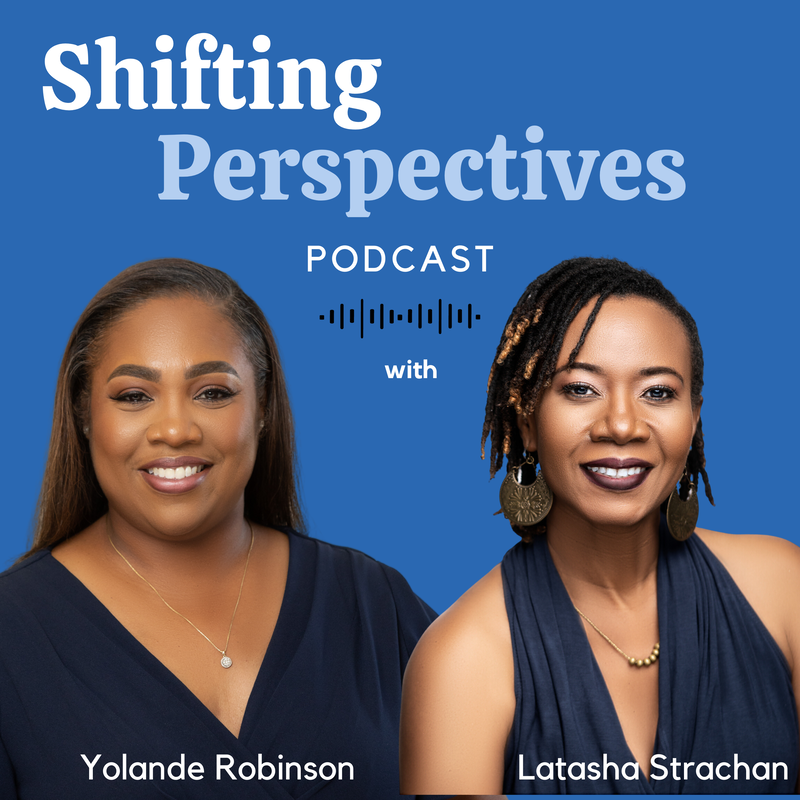 Watching children develop their language skills is an extraordinary thing. Watching a baby transition from cries, to gestures and calculated eye contact, to grunts, to sounds that sound a little like words, to words is fascinating. So how does a baby move from babbles and almost words to conversation? Does this happen at nursery, at pre-school? This, like everything in education, begins in the home with the child’s parents and caregivers. There are two types of language: expressive and receptive. Receptive language is the child’s understanding of language and the meaning they take from the words that are spoken to them. A child’s expressive language is the way in which they use language to interact. Although expressive and receptive language go hand in hand, in today’s post, I’m going to focus on expressive language. A child’s ability to become a little conversationalist does not come out of the blue. We often think that children are born with a certain ability. I challenge you to think about a seed. A seed has certain potential. However, if it is not exposed to the right conditions and given the right amount of care, it will never be able to reach its potential. Children are much like seeds. If they are not nurtured, and given the right amount of nourishment and care, they will not reach their potential. Language development involves a lot of nurturing. We often get as much out of language development as we put into it. A child’s environment impacts their vocabulary and expressive language skills. If you want your child to have a rich vocabulary, they must be immersed in an environment with a rich vocabulary. If you want your child to be able to hold conversation with not only their friends, but the adults around them, they must be used to environments where they are included in conversation. Expressive language is key to a development. Children who have difficulty with expressing orally by using their words and language may also have difficulties with:
So how can you as a parent encourage the language development of your child? I am going to borrow the concept of the 3 T’s from Dr., researcher and author Dana Suskind. Through her research and the development of the Thirty Million Word Initiative, which works with parents to help encourage language development, she came up with the 3 T’s. Tune in, talk more, and take turns. These three t’s are to allow for maximal brain development in early childhood…as this is the time when intelligence is most malleable with children. Tune in: The making of a conscious effort to notice what a child is focusing on, and when it is appropriate, talking with the child about it. When a teacher or parent is tuning in, they are following and responding to the child’s lead. Keys to tuning in:
Talk more: Increased focus on talking with your student on what they are focused on.
Take turns: Conversation exchange should be engaged. The result of building the three T’s are the development of:
So, to conclude, remember that young children are like sponges. Although there is a certain amount of growth that happens naturally, their learning and likelihood of reaching their potential is a direct result of their environment.
0 Comments
Leave a Reply. |
Author
Yolande Robinson, M.Ed. PodcastShifting Perspectives is a conversation with Yolande and Latasha that challenges Listeners to fuel themselves with diversity in the way they think, the way they work, the way they parent and the way they live their lives.
Listen to Shifting Perspectives on Apple Podcasts, Audible, Amazon Music, Spotify, Google Podcast, Stitcher, Pocket Casts, Overcast, Castro, Castbooks, or Podfriend. Archives
July 2024
Categories
All
|



 RSS Feed
RSS Feed